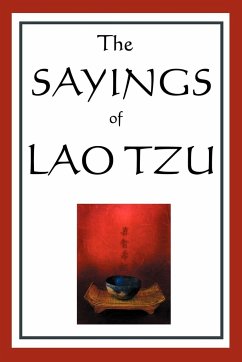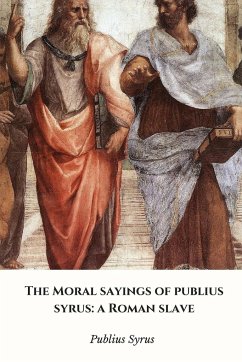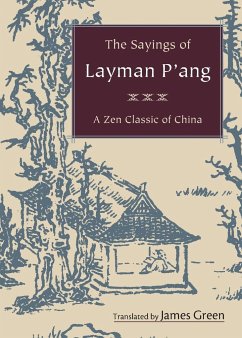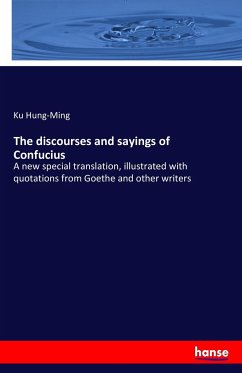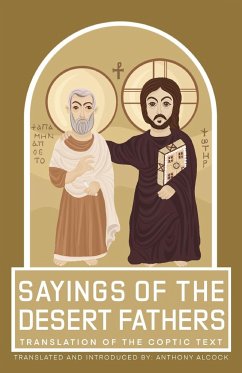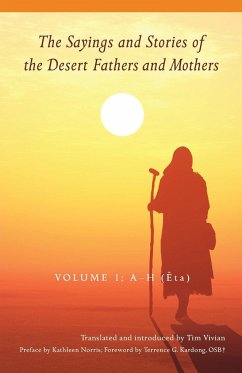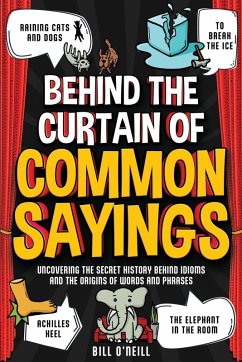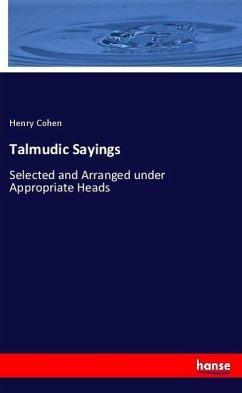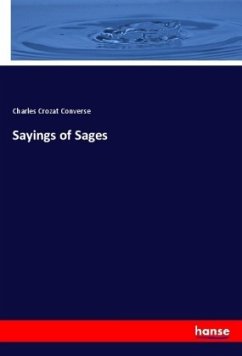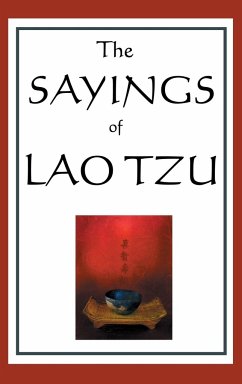
The Sayings of Lao Tzu
Versandkostenfrei!
Versandfertig in 1-2 Wochen
16,99 €
inkl. MwSt.
Weitere Ausgaben:

PAYBACK Punkte
8 °P sammeln!
The Tao which can be expressed in words is not the eternal Tao; the name which can be uttered is not its eternal name. Without a name, it is the Beginning of Heaven and Earth; with a name, it is the Mother of all things. Only one who is eternally free from earthly passions can apprehend its spiritual essence; he who is ever clogged by passions can see no more than its outer form. These two things, the spiritual and the material.





